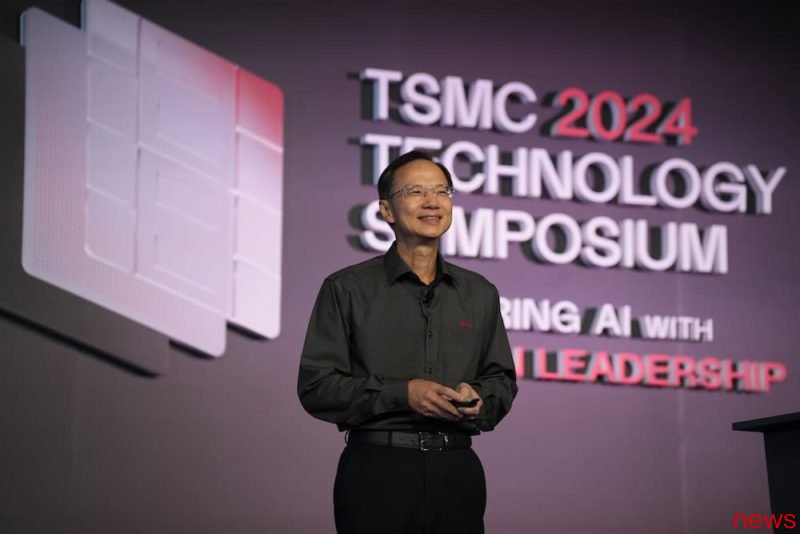
2025 Taiwan Electric Technology Forum Taipei venue opened in Hsinchu on the 15th. When the venue opened, Taiwan Electric Asia Pacific Marketing Director Wan Ruiyang said that the next generation of AI will continue to change various industries, from automatic driving, mobile services, smart manufacturing, to personal medical care and financial management, to explore all aspects of modern life. We are experiencing the evolution from generative AI, to proxy AI, to physical AI, and from cloud computing to edge computing.
Wan Ruiyang said that generative AI creates value for humans and is expected to change more than 40% of daily work activities in the near future. Also, generative AI adds value to human creativity. We use multimodal large language models to generate text, images, audio and videos to achieve innovative ideas, and converting text into articles is one of them. In addition to the data consolidation of content AI and the predicted analytical functions that simplify decision-making processes for us and improve production capacity, proxy AI that is expected to independently decide will handle more than 15% of daily work decisions by 2028.
However, what goes beyond AI to create and automate will be physical AI, which is considered the trend of the next wave of development, such as AI prototype robots and automatic driving cars, realizing our interaction with the real world. Citigroup predicts that 1.3 billion tables of AI robots will be used in the real world by 2035, and 4 billion tables by 2050. Among them, it includes 650 million Taiwan humanoid robots. According to statistical data, the global AI robot market is expected to exceed US$35 billion in 2030. In addition, the Forbes magazine predicts that by 2030, one out of every 10 cars will be automatically driven. Therefore, there is no doubt that the increasingly powerful AI localization capabilities will make future use safer.
Therefore, Wan Ruiyang emphasizes that looking forward to the future, we need a chip that is better energy efficient and smaller in size, whether in large data centers or in miniature edge devices, which show the same excellent stability. Moreover, while reducing costs, it can also meet computing needs and achieve strong efficiency. NTD plays an important role in this and will continue to promote innovation in advanced transistors and interconnected architectures.